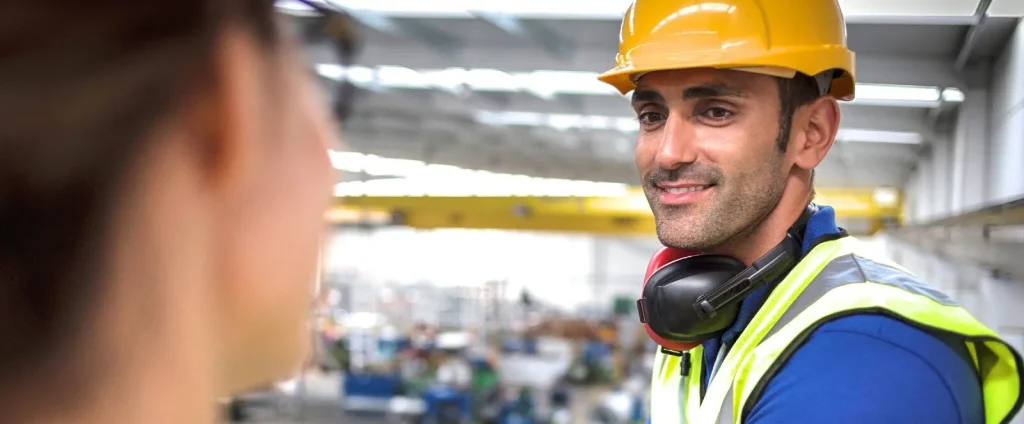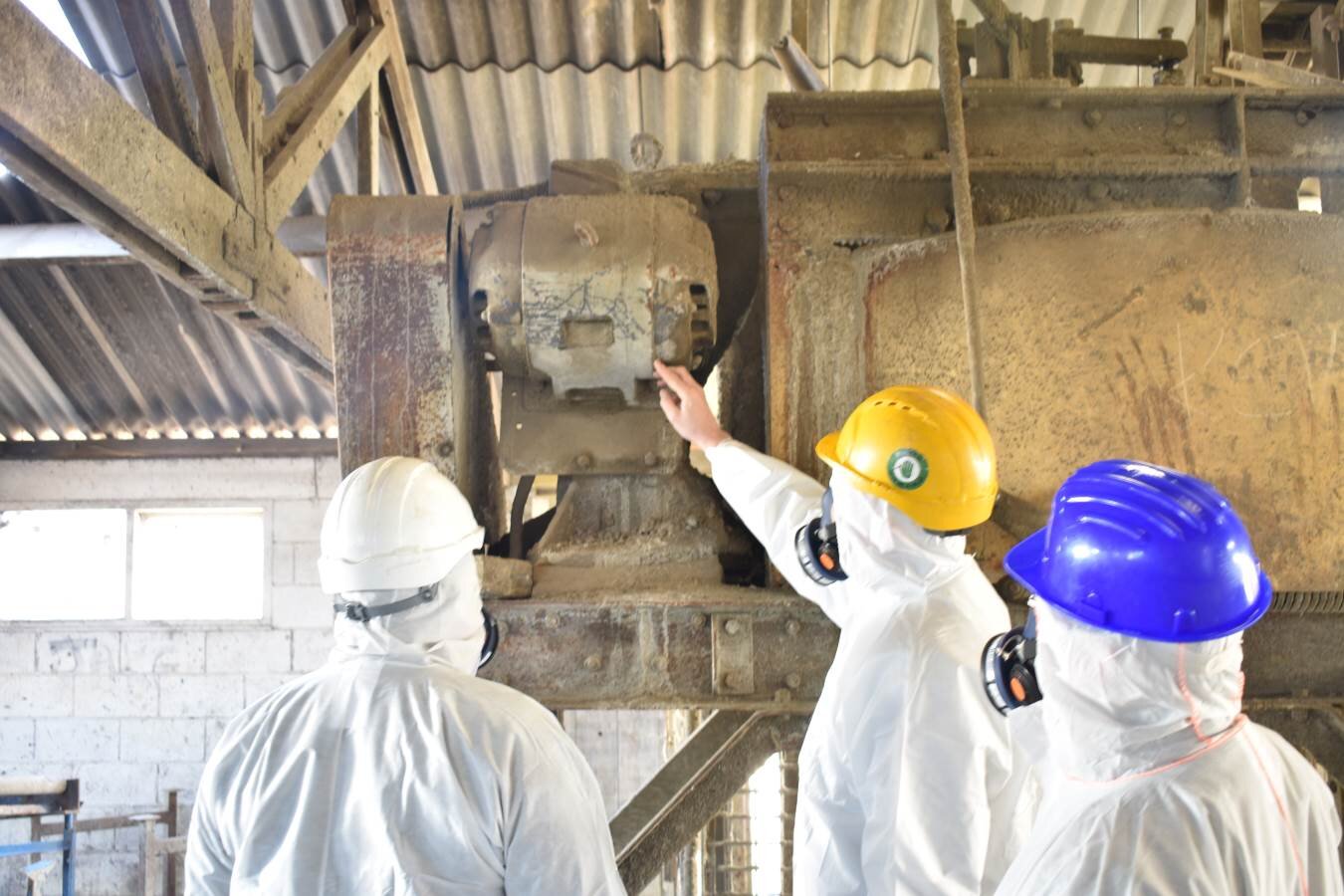Maintaining optimal air quality in industrial environments is a critical component of workplace health and safety. Industrial spaces, especially those involved in food production, face unique challenges that require expert oversight. This is where industrial hygiene consulting becomes invaluable. By leveraging specialized knowledge and technology, these consulting services help companies implement effective food processing safety solutions that protect workers, enhance product quality, and ensure regulatory compliance. Keeping air quality in check is not just about meeting standards—it’s about fostering a safer, healthier workplace for everyone involved.
The Importance of Air Quality in Industrial Settings
Industrial facilities, particularly those engaged in food processing, operate in environments where airborne contaminants can pose serious health risks. Dust, chemical vapors, biological agents, and other pollutants can compromise air quality, threatening employee health and potentially contaminating food products. Proper management of these hazards is essential, which is why businesses turn to industrial hygiene consulting to evaluate air quality and design appropriate control measures.
The role of industrial hygiene consulting in food processing is especially critical. Poor air quality can affect both worker safety and the integrity of food products. Implementing thorough food processing safety solutions that address ventilation, filtration, and contaminant control is essential to prevent cross-contamination and maintain hygienic conditions. Consulting teams help identify sources of air pollution, measure exposure levels, and recommend targeted strategies to improve air quality.
How Industrial Hygiene Consulting Enhances Food Processing Safety Solutions
When it comes to managing air quality in food processing environments, a one-size-fits-all approach simply does not work. Each facility has its unique set of challenges, from the types of raw materials used to the layout of production areas. Industrial hygiene consulting offers customized solutions tailored to these specific needs, ensuring that food processing safety solutions are effective and sustainable.
The consultants work closely with facility managers to conduct comprehensive air quality assessments. These assessments include sampling for particulate matter, volatile organic compounds, and microbial contaminants. Using advanced instruments and methodologies, industrial hygiene consulting teams gather detailed data that guides the development of control measures, such as improved ventilation systems or air purification technologies, directly impacting the effectiveness of food processing safety solutions.
Regulatory Compliance and Risk Management
Compliance with regulatory standards is a fundamental aspect of industrial hygiene consulting. Food processing companies must adhere to strict air quality guidelines set forth by agencies such as OSHA and the FDA. Failure to maintain these standards can result in penalties, operational shutdowns, or even product recalls, all of which can be devastating for businesses.

Through expert industrial hygiene consulting, companies can stay ahead of regulatory requirements by implementing proactive food processing safety solutions. Consultants not only help interpret regulations but also design air quality programs that meet or exceed those standards. This includes developing monitoring protocols, training employees, and maintaining records necessary for audits. By integrating these elements, industrial hygiene consulting reduces risks and enhances the overall safety profile of food processing facilities.
Protecting Worker Health and Productivity
Air quality directly influences worker health, comfort, and productivity. Exposure to airborne hazards can cause respiratory issues, allergic reactions, or long-term illnesses. This impact can lead to increased absenteeism, reduced morale, and higher healthcare costs. By engaging in industrial hygiene consulting, companies prioritize the well-being of their workforce through tailored food processing safety solutions.
Consulting teams recommend engineering controls such as local exhaust ventilation and the use of personal protective equipment to minimize exposure. They also help establish administrative controls, including proper housekeeping and maintenance routines, which are critical for controlling airborne contaminants. The comprehensive approach of industrial hygiene consulting not only improves air quality but also fosters a safer and more productive work environment.
Technological Advances in Air Quality Monitoring
Modern industrial hygiene consulting utilizes cutting-edge technology to monitor and control air quality with greater precision. Innovations such as real-time air monitoring devices and data analytics enable consultants to detect fluctuations in contaminant levels immediately. This rapid feedback allows food processing facilities to respond quickly and maintain safe air quality conditions.
The integration of these technological tools enhances the effectiveness of food processing safety solutions by providing continuous data that supports informed decision-making. Industrial hygiene consultants analyze this data to optimize ventilation, filtration, and other control systems. As a result, facilities can maintain compliance, protect workers, and reduce the likelihood of contamination incidents.
Building Sustainable Air Quality Programs
Implementing effective air quality control is not a one-time effort but an ongoing commitment. Through continued industrial hygiene consulting, food processing companies can build sustainable programs that adapt to changing conditions and emerging hazards. These programs are designed to incorporate regular monitoring, employee training, and continuous improvement initiatives.
Safety and quality go hand in hand in food processing, and air quality is a cornerstone of both. By investing in comprehensive food processing safety solutions guided by expert industrial hygiene consulting, companies safeguard not only their workforce but also their reputation and bottom line. Sustainable air quality programs contribute to operational excellence, ensuring long-term success.



